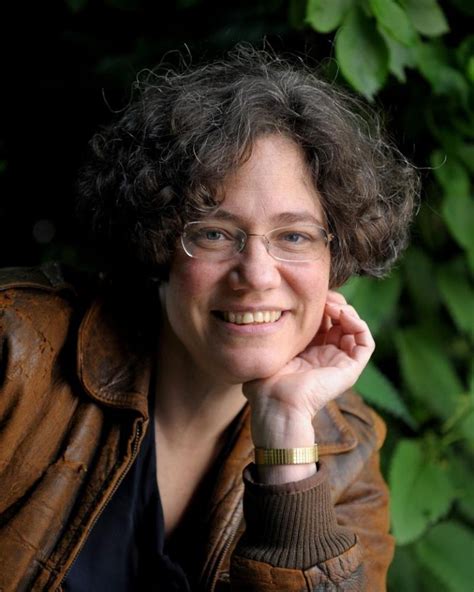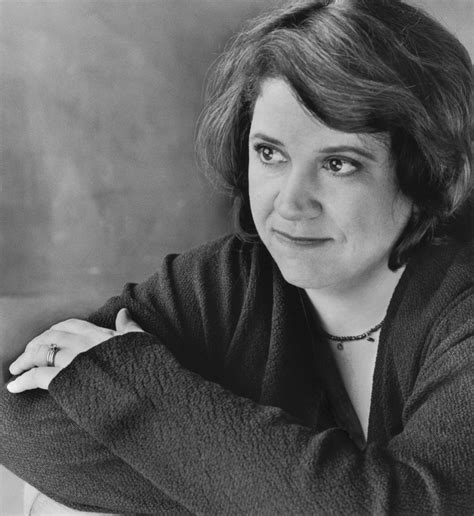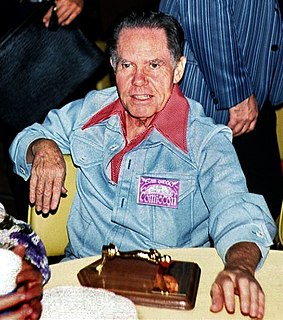A Quote by Elizabeth Wein
It's an illusion I've noticed before-- words on a page are like oxygen to a petrol engine, firing up ghosts. It only lasts while the words are in your head. After you put down the paper or pen, the pistons fall lifeless again.
Related Quotes
It really comes down to parsimony, economy of explanation. It is possible that your car engine is driven by psychokinetic energy, but if it looks like a petrol engine, smells like a petrol engine and performs exactly as well as a petrol engine, the sensible working hypothesis is that it is a petrol engine.
Surely it is an odd way to spend your life - sitting alone in a room with a pen in your hand, hour after hour, day after day, year after year, struggling to put words on pieces of paper in order to give birth to what does not exist - except in your head. Why on earth would anyone want to do such a thing? The only answer I have ever been able to come up with is: because you have to, because you have no choice.
I've always known that the best part of writing occurs before you've picked up a pen. When a story exists only in your mind, its potential is infinite; it's only when you start pinning words to paper that it becomes less than perfect. You have to make your choices, set your limits. Start whittling away at the cosmos, and don't stop until you've narrowed it down to a single, ordinary speck of dirt. And in the end, what you've made is not nearly as glorious as what you've thrown away.
I want you to understand the words. I want you taste the words. I want you to love the words. Because the words are important. But they're only words. You leave them on the paper and you take the thoughts and put them into your mind and then you as an actor recreate them, as if the thoughts had suddenly occurred to you.
The part of you that is unhampered by illusion-the illusion of time, the illusion of powerlessness, the illusion of impossibility-i s waiting for you to slow down and open up so that it can speak to your consciousness. In some unguarded moment, you will hear its wildly improbable words and know that they are guiding you home.
They put the thing down your throat so you don't swallow your tongue, and they put electrodes on your head. That's what was recommended in Rockland State Hospital to discourage homosexual feelings. The effect is that you lose your memory and become a vegetable. You can't read a book because you get to page 17 and have to go right back to page one again.
As the pen rises from the page between words, so the walker's feet rise and fall between paces, and as the deer continues to run as it bounds from the earth and the dolphin continues to swim even as it leaps again and again from the sea, so writing and wayfaring are continuous activities, a running stitch, a persistence of the same seam or stream.
A pen is different from the pad, the key, moving your fingers across a screen. I like both. I like to work on sketchbooks, big old white sketch paper. I like how that feels, and I like to put different media on it. Then there's the phone, smartphone, iPad: It's the new page, and it's not the same page anymore.
It will be as if I'd never existed. The words ran through my head, lacking the perfect clarity of my hallucination last night. They were just words, soundless, like print on a page. Just words, but they ripped the hole wide open, and I stomped on the brake, knowing I should not drive while this incapacitated. I curled over, pressing my face against the steering wheel and trying to breathe without lungs.
I cannot find any patience for those people who believe that you start writing when you sit down at your desk and pick up your pen and finish writing when you put down your pen again; a writer is always writing, seeing everything through a thin mist of words, fitting swift little descriptions to everything he sees, always noticing. Just as I believe that a painter cannot sit down to his morning coffee without noticing what color it is, so a writer cannot see an odd little gesture without putting a verbal description to it, and ought never to let a moment go by undescribed.
The dictionary is like a time capsule of all of human thinking ever since words began to be written down. And exploring where words have come from can increase your understanding of the words themselves and expand your understanding of how to use the words, and all of this change happens in your thinking when you read the words.





































